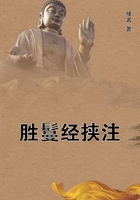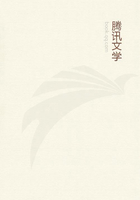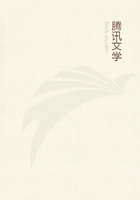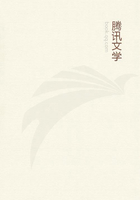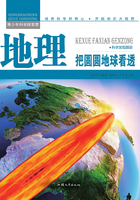We have now examined the three fundamental conditions of the adaptation of forms of government to the people who are to be governed by them. If the supporters of what may be termed the naturalistic theory of politics, mean but to insist on the necessity of these three conditions; if they only mean that no government can permanently exist which does not fulfil the first and second conditions, and, in some considerable measure, the third; their doctrine, thus limited, is incontestable. Whatever they mean more than this appears to me untenable. All that we are told about the necessity of an historical basis for institutions, of their being in harmony with the national usages and character, and the like, means either this, or nothing to the purpose. There is a great quantity of mere sentimentality connected with these and similar phrases, over and above the amount of rational meaning contained in them. But, considered practically, these alleged requisites of political institutions are merely so many facilities for realising the three conditions. When an institution, or a set of institutions, has the way prepared for it by the opinions, tastes, and habits of the people, they are not only more easily induced to accept it, but will more easily learn, and will be, from the beginning, better disposed, to do what is required of them both for the preservation of the institutions, and for bringing them into such action as enables them to produce their best results. It would be a great mistake in any legislator not to shape his measures so as to take advantage of such pre-existing habits and feelings when available. On the other hand, it is an exaggeration to elevate these mere aids and facilities into necessary conditions. People are more easily induced to do, and do more easily, what they are already used to; but people also learn to do things new to them. Familiarity is a great help; but much dwelling on an idea will make it familiar, even when strange at first. There are abundant instances in which a whole people have been eager for untried things. The amount of capacity which a people possess for doing new things, and adapting themselves to new circumstances; is itself one of the elements of the question.
It is a quality in which different nations, and different stages of civilisation, differ much from one another. The capability of any given people for fulfilling the conditions of a given form of government cannot be pronounced on by any sweeping rule. Knowledge of the particular people, and general practical judgment and sagacity, must be the guides.
There is also another consideration not to be lost sight of. A people may be unprepared for good institutions; but to kindle a desire for them is a necessary part of the preparation. To recommend and advocate a particular institution or form of government, and set its advantages in the strongest light, is one of the modes, often the only mode within reach, of educating the mind of the nation not only for accepting or claiming, but also for working, the institution. What means had Italian patriots, during the last and present generation, of preparing the Italian people for freedom in unity, but by inciting them to demand it? Those, however, who undertake such a task, need to be duly impressed, not solely with the benefits of the institution or polity which they recommend, but also with the capacities, moral, intellectual, and active, required for working it; that they may avoid, if possible, stirring up a desire too much in advance of the capacity.
The result of what has been said is, that, within the limits set by the three conditions so often adverted to, institutions and forms of government are a matter of choice. To inquire into the best form of government in the abstract (as it is called) is not a chimerical, but a highly practical employment of scientific intellect; and to introduce into any country the best institutions which, in the existing state of that country, are capable of, in any tolerable degree, fulfilling the conditions, is one of the most rational objects to which practical effort can address itself. Everything which can be said by way of disparaging the efficacy of human will and purpose in matters of government might be said of it in every other of its applications. In all things there are very strict limits to human power. It can only act by wielding some one or more of the forces of nature. Forces, therefore, that can be applied to the desired use must exist; and will only act according to their own laws. We cannot make the river run backwards; but we do not therefore say that watermills "are not made, but grow." In politics, as in mechanics, the power which is to keep the engine going must be sought for outside the machinery; and if it is not forthcoming, or is insufficient to surmount the obstacles which may reasonably be expected, the contrivance will fail. This is no peculiarity of the political art; and amounts only to saying that it is subject to the same limitations and conditions as all other arts.

